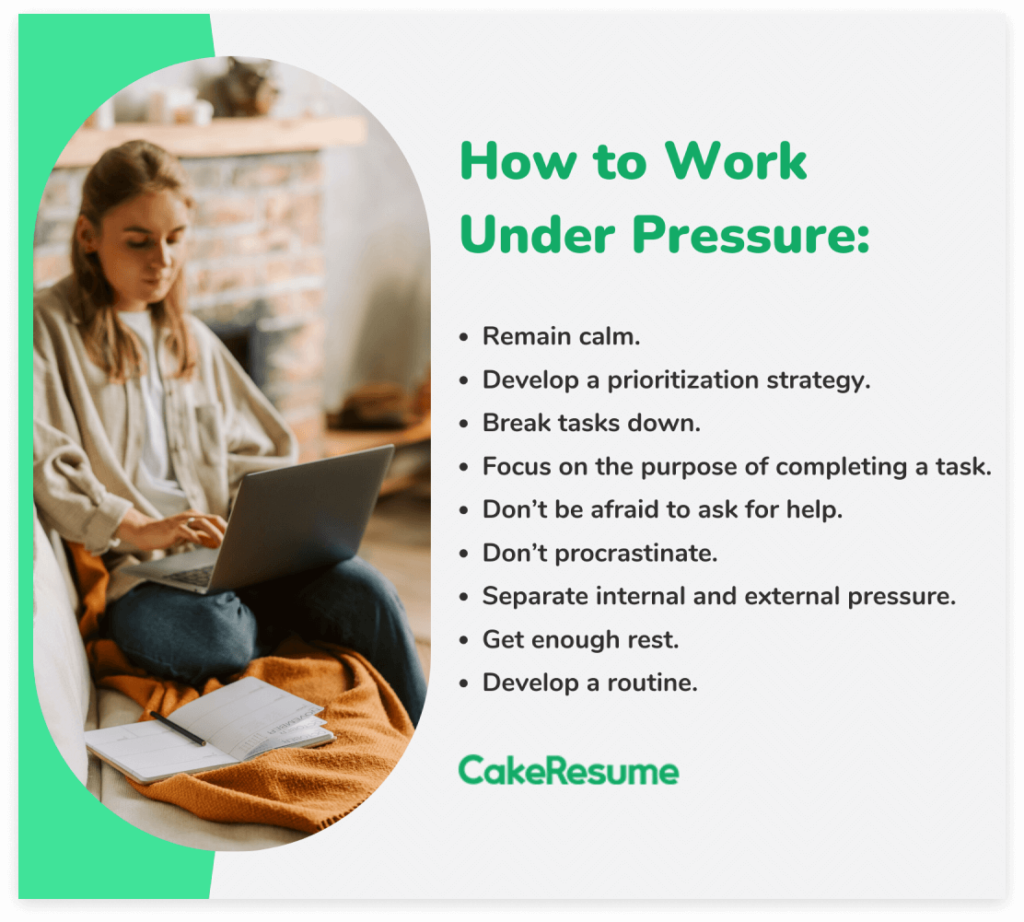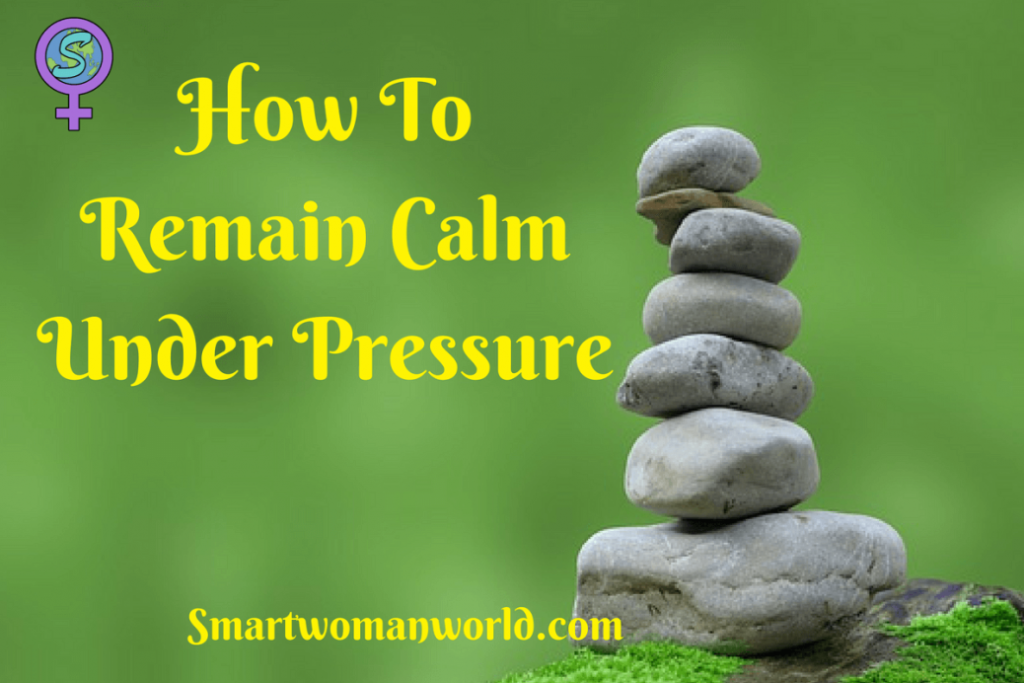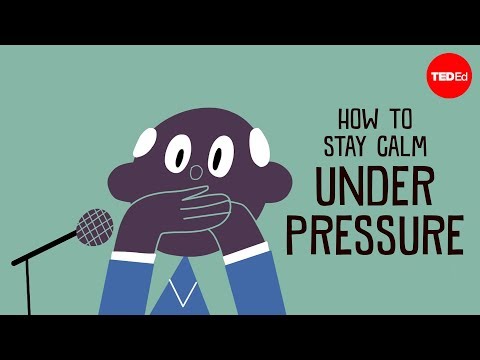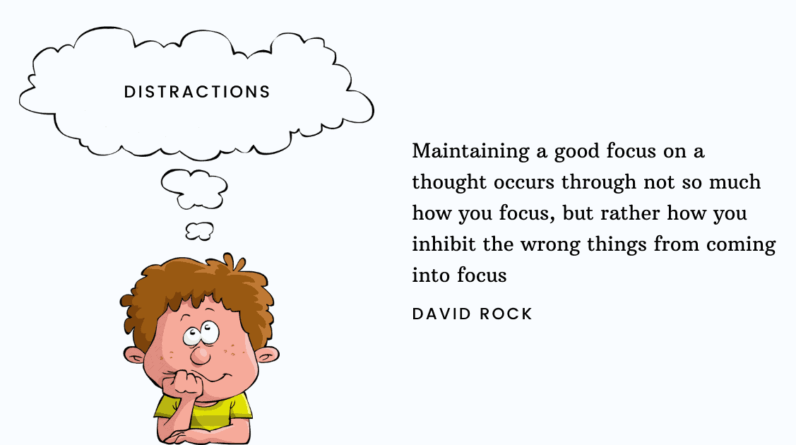When faced with stressful situations, maintaining a sense of calm is essential. But what exactly is the key to staying calm under pressure? In this article, we will explore various strategies and techniques that can help you navigate high-pressure scenarios with composure and grace. By understanding and implementing these methods, you will not only be able to handle stress better but also improve your overall well-being. So, let’s unlock the secret to staying calm under pressure together!
Understanding the Effects of Pressure
Pressure is a common part of life that can arise from various sources. Understanding the causes and effects of pressure can help you navigate and manage it more effectively. When it comes to pressure, both physical and emotional reactions come into play, each with its own set of challenges and strategies for management.
Causes of Pressure
Pressure can arise from a multitude of sources, such as work deadlines, academic expectations, relationship issues, financial burdens, or personal goals. It is important to identify the specific causes of pressure in your own life, as this can vary from person to person. Recognizing the root causes of pressure can help you develop targeted strategies for managing and reducing it.
Physical and Emotional Reactions to Pressure
Pressure often triggers physical and emotional reactions. Physically, pressure may manifest as increased heart rate, muscle tension, headaches, digestive issues, or difficulty sleeping. Emotionally, pressure can lead to feelings of anxiety, overwhelm, irritability, or even sadness. It’s important to be aware of these reactions in order to effectively address and manage the impact of pressure on your overall well-being.
Effective Strategies for Managing Pressure
Managing pressure requires a combination of strategies that address different aspects of your life. Here are some effective strategies that can help you navigate and cope with pressure more effectively:
Time Management
One of the most crucial aspects of managing pressure is effective time management. By prioritizing tasks and allocating time appropriately, you can create a sense of structure and control in your daily life. Setting realistic deadlines, breaking tasks into smaller manageable chunks, and utilizing tools such as calendars or to-do lists can help you effectively manage your time and reduce the overwhelming feeling of pressure.
Prioritization and Organization
In addition to time management, prioritizing and organizing your tasks can be instrumental in managing pressure. Identifying the most important tasks and tackling them first can give you a sense of accomplishment and make other tasks feel more manageable. Breaking down larger tasks into smaller, actionable steps can also alleviate the pressure that comes with overwhelming projects.
Mental Preparation and Visualization
Mental preparation and visualization techniques can help you stay calm and focused when facing pressure. By mentally rehearsing potential challenges and envisioning successful outcomes, you can cultivate a mindset that is more resilient and capable of handling pressure. Taking a few moments each day to visualize a positive outcome can help you feel more confident and prepared to tackle any pressure that comes your way.

Developing Emotional Resilience
Building emotional resilience is essential for effectively managing and bouncing back from pressure. Here are some strategies that can help you develop emotional resilience:
Identifying and Managing Negative Emotions
When faced with pressure, negative emotions can easily arise. It’s important to identify and acknowledge these emotions rather than suppressing or ignoring them. Understanding the root causes of these emotions and finding healthy ways to express and manage them can prevent them from escalating and further adding to the pressure you feel.
Practicing Mindfulness and Meditation
Mindfulness and meditation practices are powerful tools for managing pressure. By bringing your attention to the present moment and cultivating a non-judgmental awareness, you can reduce stress and increase mental clarity. Regular meditation and mindfulness practices help train your mind to stay calm and focused, even in the face of pressure.
Building a Supportive Network
Having a supportive network of friends, family, or colleagues can greatly contribute to your emotional resilience. Surrounding yourself with people who provide support, encouragement, and understanding helps alleviate the burden of pressure. This network can serve as a sounding board, offer different perspectives, and provide assistance when needed.
Maintaining a Healthy Lifestyle
A healthy lifestyle plays a significant role in managing pressure effectively. Paying attention to physical well-being can positively impact your ability to handle pressure. Here are some key areas to focus on:
Physical Exercise and Relaxation Techniques
Physical exercise is not only beneficial for physical health but also for managing pressure. Engaging in regular exercise releases endorphins, which are natural mood boosters. Furthermore, utilizing relaxation techniques such as deep breathing exercises, yoga, or tai chi can help reduce muscle tension and promote an overall sense of calm.
Balanced Diet and Adequate Sleep
Maintaining a balanced diet and getting enough sleep are vital for managing pressure. A well-nourished body and mind are better equipped to handle stressful situations. Eating a balanced diet that includes fruits, vegetables, whole grains, and lean proteins can provide the nutrients needed for optimal brain function. Additionally, ensuring you get enough sleep allows your body and mind to rest and recharge, improving your ability to cope with pressure.
Avoiding Substance Abuse
In times of pressure, it can be tempting to turn to substances such as alcohol, drugs, or excessive caffeine to cope. However, these substances can have detrimental effects on your overall well-being and can exacerbate the negative impact of pressure. It’s important to develop healthy coping mechanisms and seek support from loved ones or professionals instead of relying on substances to manage pressure.

Building Self-Confidence and Self-Efficacy
Developing self-confidence and self-efficacy can greatly impact your ability to handle pressure. Here are some strategies to help foster these qualities:
Recognizing Personal Strengths and Achievements
Take the time to acknowledge and appreciate your personal strengths and past achievements. Reflecting on your accomplishments can boost your confidence and remind you of the skills and abilities you possess. This self-awareness can help you approach pressure with a sense of confidence in your ability to overcome challenges.
Setting Realistic Goals
Setting realistic goals allows you to break down larger tasks and pressure-inducing situations into manageable steps. When you achieve these smaller goals along the way, it reinforces your sense of self-efficacy and increases your confidence in managing pressure overall. Remember to be kind and patient with yourself when setting goals, as this can prevent undue pressure and self-criticism.
Learning from Failures
Failure is a natural part of life, and viewing it as an opportunity for growth can strengthen your resilience to pressure. Rather than being discouraged by failure, embrace it as a chance to learn, adapt, and improve. Reflect on the lessons you can take away from each setback, and use them to refine your approach to handling pressure in the future.
Utilizing Stress Reduction Techniques
Various stress reduction techniques can help you alleviate and manage pressure effectively. Here are a few techniques to consider:
Deep Breathing and Relaxation Exercises
Deep breathing exercises can help activate the body’s relaxation response, reducing the physical and emotional impact of pressure. Taking slow, deep breaths in through the nose and out through the mouth can help calm your nervous system and promote a sense of tranquility. Pairing deep breathing with relaxation exercises, such as progressive muscle relaxation or guided imagery, can further enhance the relaxation response.
Progressive Muscle Relaxation
Progressive muscle relaxation is a technique that involves tensing and then releasing each muscle group in your body. By systematically working through your body, you can release tension and experience a deep state of relaxation. This technique is particularly helpful for combating physical manifestations of pressure, such as muscle tension or headaches.
Journaling and Expressive Writing
Writing down your thoughts and feelings can be a therapeutic way to cope with pressure. Journaling allows you to process and release emotions, gain clarity, and make sense of your experiences. Expressive writing, where you freely write about your thoughts and feelings without any judgment or concern for grammar or spelling, can also help alleviate pressure by providing an outlet for self-expression.

Seeking Professional Help
At times, managing pressure may require professional assistance. Here are some options to consider:
Therapy and Counseling
Therapy and counseling provide a safe and supportive environment where you can explore and address the underlying causes of pressure. A therapist or counselor can help you develop coping strategies, gain insights into your thoughts and behaviors, and provide guidance and support in navigating challenging situations. Seeking professional help can be a valuable step towards effectively managing pressure.
Cognitive Behavioral Techniques
Cognitive behavioral techniques are evidence-based approaches that focus on identifying and changing unhelpful patterns of thinking and behaving. These techniques can help you challenge negative thoughts, develop positive coping strategies, and reframe pressure-inducing situations in a more constructive way. Cognitive behavioral therapy (CBT) has proven to be effective in managing pressure and improving overall well-being.
Medication Options
In some cases, medication may be prescribed to help manage the effects of pressure. Antidepressants or anti-anxiety medications can be helpful in reducing symptoms of stress and anxiety. It’s important to consult with a healthcare professional who can properly assess your individual needs and guide you in determining whether medication is a suitable option for you.
Maintaining a Positive Outlook
Adopting a positive outlook can significantly impact your ability to handle pressure. Here are some strategies to help cultivate positivity:
Practicing Gratitude and Optimism
Engaging in gratitude practices can shift your focus from pressure to appreciation for the positive aspects of your life. Take time each day to reflect on the things you are grateful for, no matter how small. Additionally, embracing optimism and positive thinking can help reframe pressure-inducing situations as challenges that can be overcome.
Embracing Humor
Humor can be a powerful tool in managing pressure. Find ways to inject humor into your daily life, whether it’s sharing a funny joke with a colleague, watching a comedy show, or simply finding amusement in everyday situations. Laughter releases endorphins, reduces stress hormones, and can provide a much-needed break from the pressures of life.
Finding Joy in Everyday Moments
Amidst pressure, it’s important to find joy in the simple pleasures of life. Take time to engage in activities that bring you happiness and allow you to recharge. Whether it’s taking a walk in nature, listening to your favorite music, or spending quality time with loved ones, finding joy in everyday moments can help alleviate pressure and foster a positive mindset.

Embracing Adaptability and Flexibility
Pressure often comes hand in hand with change and uncertainty. Cultivating adaptability and flexibility can help you navigate these challenges more effectively. Here are some strategies to embrace these qualities:
Embracing Change and Uncertainty
Instead of resisting change and uncertainty, try to embrace them as opportunities for growth and learning. Accepting that change is a constant part of life can help alleviate the pressure that comes with trying to control every outcome. Developing a mindset of adaptability allows you to adjust your approach and find new solutions when faced with unexpected challenges.
Developing Problem-Solving Skills
Enhancing your problem-solving skills can contribute to your ability to handle pressure effectively. By developing a systematic approach to problem-solving, you can break down complex situations into more manageable components. This approach empowers you to take action, analyze potential solutions, and make informed decisions that can alleviate pressure.
Finding Opportunities in Challenges
Challenges and pressure can provide unique opportunities for personal growth and development. Instead of viewing them solely as burdens, try to reframe them as chances to learn, build resilience, and gain new skills. This shift in perspective can help you approach pressure with a sense of excitement and curiosity rather than fear or apprehension.
Cultivating a Work-Life Balance
Maintaining a healthy work-life balance is essential for effectively managing pressure. Here are some strategies to help cultivate balance:
Setting Boundaries and Prioritizing Personal Time
Setting clear boundaries between work and personal life is crucial for managing pressure. Establish designated times for work, relaxation, and leisure activities. When you create space for personal time, you allow yourself to recharge and maintain a healthy balance, reducing the impact of pressure on your overall well-being.
Engaging in Hobbies and Recreation
Engaging in hobbies and recreational activities that you enjoy can provide a much-needed break from pressure and help you recharge. Whether it’s playing a sport, painting, gardening, or playing a musical instrument, finding activities that bring you joy and allow you to fully engage can improve your overall well-being and resilience in the face of pressure.
Avoiding Overcommitment
Overcommitment can lead to increased pressure and stress. Learn to say no to additional responsibilities or commitments when you feel overwhelmed. By setting realistic limits and managing your time and energy effectively, you can avoid spreading yourself too thin and maintain a healthier work-life balance.
Managing and navigating pressure is a multifaceted task that requires conscious effort and the implementation of various strategies. By understanding the causes and effects of pressure, developing emotional resilience, maintaining a healthy lifestyle, building self-confidence, utilizing stress reduction techniques, seeking professional help when necessary, embracing positivity, adaptability, and cultivating a work-life balance, you can effectively manage pressure and thrive in various aspects of your life. Remember that managing pressure is an ongoing process, and it’s important to be patient and kind to yourself as you develop and refine your strategies for a calmer, more balanced life.







